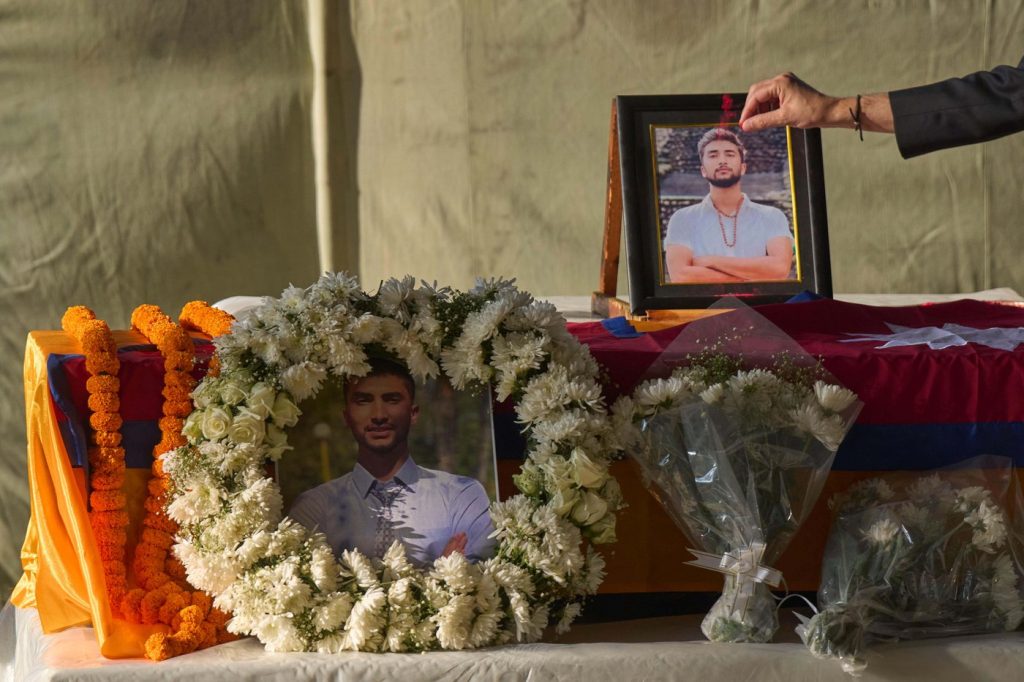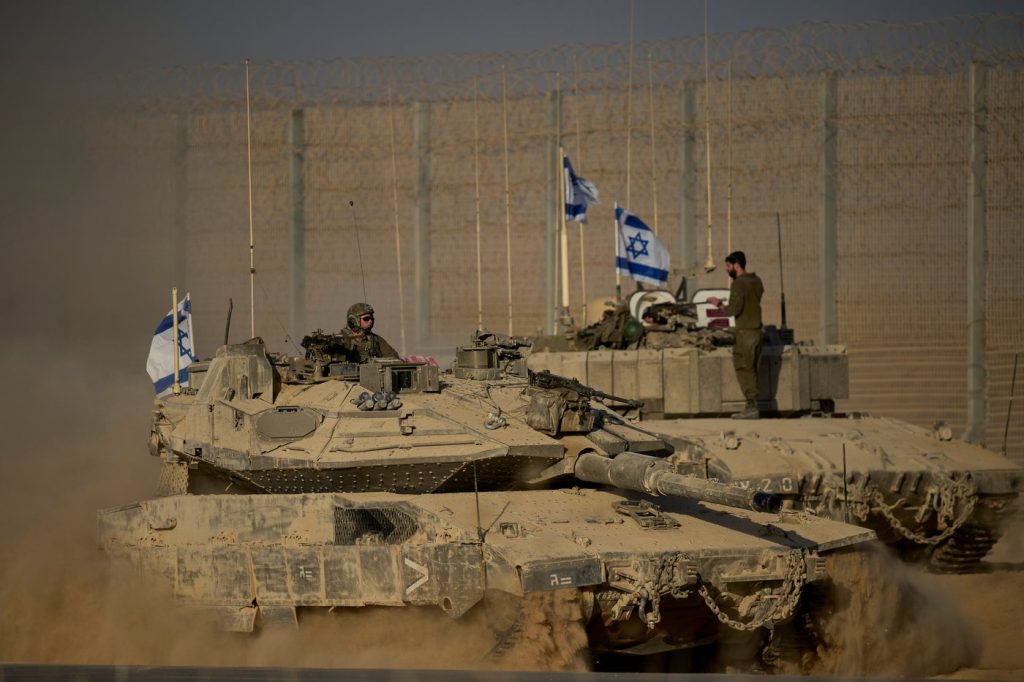KATHMANDU, Nepal (AP) – The body of Bipin Joshi, a Nepali student who was among the hostages held in Gaza, was repatriated and arrived in Kathmandu on Monday. The remains were flown from Ben Gurion International Airport in Tel Aviv, Israel, and landed at Tribhuvan International Airport. According to Nepal's Foreign Ministry, Joshi's body will be taken to his hometown of Bhimdattanagar later in the evening.
The Nepalese government made extensive efforts on multiple levels to secure Joshi's release while he was in captivity. The Foreign Ministry indicated that these initiatives were pursued rigorously during his ordeal. Bipin Joshi was one of 17 Nepali students studying agriculture in southern Israel when Hamas initiated an attack on October 7, 2023, igniting a significant conflict in the region.
Joshi had arrived in Israel just a month earlier as part of a student exchange program, where he was working and studying at Kibbutz Alumim, near the Gaza border. The attack by Hamas tragically resulted in the deaths of ten Nepali students and injuries to six others. Bipin Joshi, who was 22 at the time, was subsequently kidnapped during the chaos that ensued.
On October 14, the Israel Defense Forces announced that Joshi had been killed in captivity during the early months of the conflict. His death was officially declared while his mother and sister were in the United States, advocating for his release and lobbying with the international community, including the United Nations, for support.
During a solemn ceremony at Kathmandu’s airport, Nepal’s Prime Minister Sushila Karki paid tribute to Joshi. She draped the national flag over his coffin, expressing that “Bipin’s courage and bravery are a matter of pride for every Nepali.” Karki emphasized that he is a son of Nepal and a son of every mother, pledging that his memory will remain alive and cherished in the hearts of the people.
The tragic loss of Bipin Joshi has resonated deeply throughout Nepal, leading to widespread expressions of grief and remembrance. A memorial procession was held at Tribhuvan International Airport where members of the public gathered to pay their respects. Candlelight vigils were also organized in Kathmandu, reflecting the sorrow and solidarity shared by many following the tragic incident. These gatherings highlighted the impact of Joshi’s ordeal on the community and the enduring spirit of unity in moments of national tragedy.
The return of Bipin Joshi’s remains serves as a somber reminder of the ongoing conflict in the region and the personal tragedies that unfold amidst geopolitical struggles. The Nepali government and citizens alike continue to honor his memory, reinforcing the commitment to remember those who lost their lives during this devastating period.












